Arts
Examining the role of The Arts as a catalyst for healing, transformation and action
Introduction
The practice of Art—in its infinite forms, functions and implications—is the most accessible and universal way of constructing meaning out of the world we inhabit.
Our Philosophy: The Arts are not just for experts. They are not solely for the enjoyment of the elite. They are not a superfluous extravagance. The Arts are for us all, expert and novice alike. They are not just an end in and of themselves, but a means. They shape, and are shaped by the world we inhabit.
Students in the Arts Scholars program gain a deeper understanding of the impact of art as a means to explore society and culture against the backdrop of our individual differences and shared experiences.
What you can expect: No matter your major, area of artistic interest, or skill level, as a member of our community, you will be challenged to strengthen your personal artistic skill set, experiment with new and different art forms, and gain a deeper understanding of the value of the arts in our personal and collective lives. We will investigate the power of the arts to:
- Communicate difficult concepts
- Advocate for social change
- Investigate the human experience
- Explore our own identities
- Develop our capacities as creative problem solvers and critical thinkers
- Reinforce, but also upend, existing systems of inequality and oppression
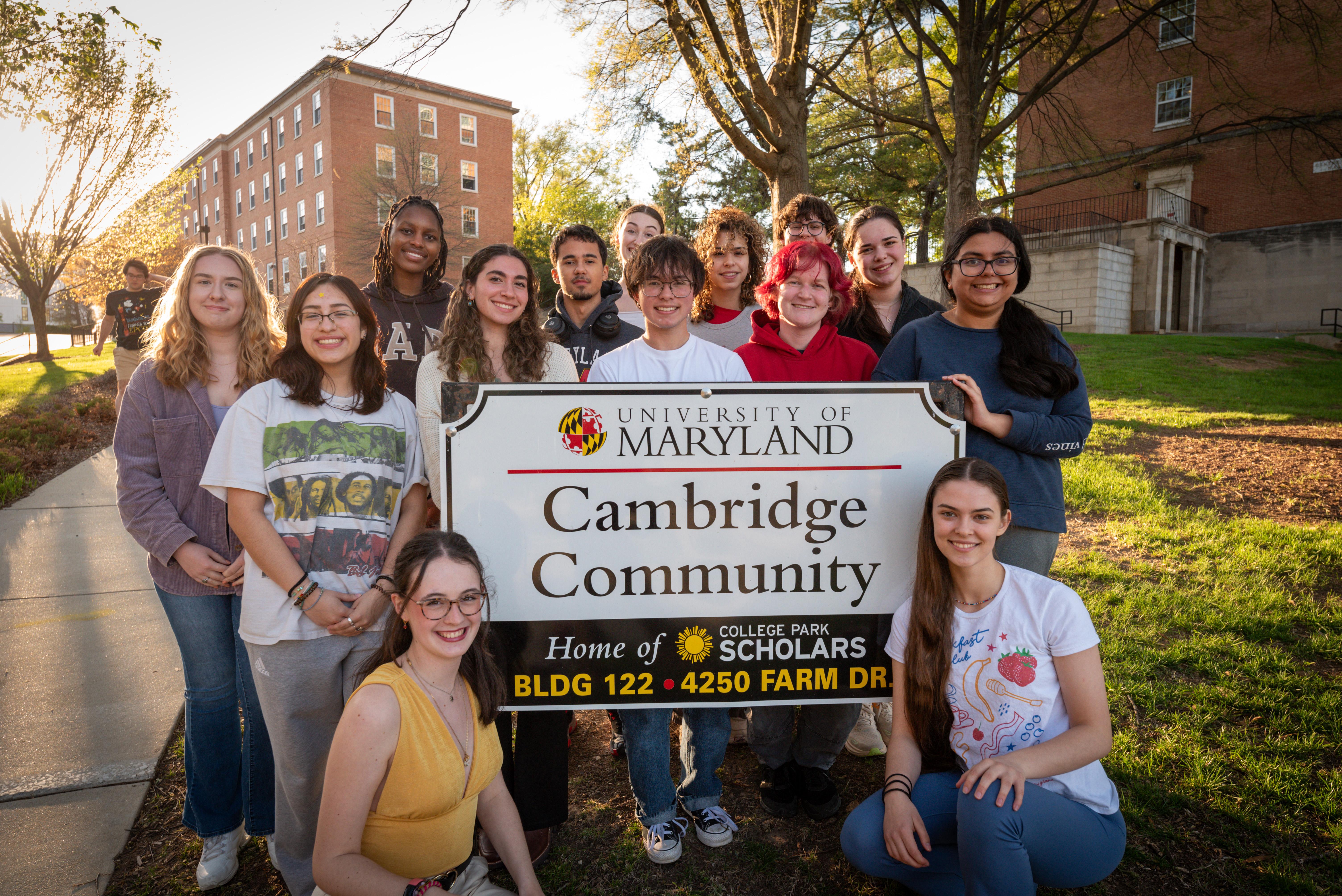
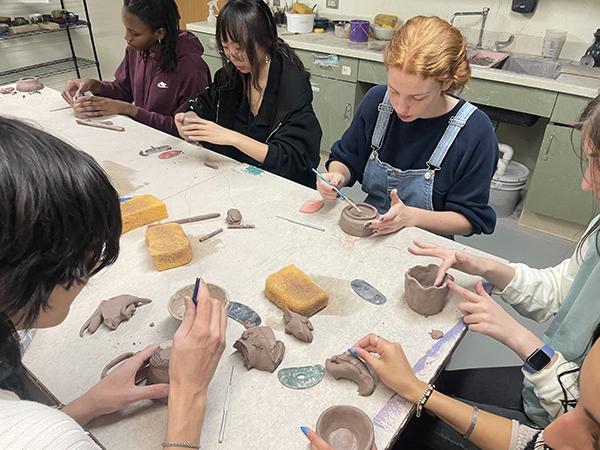
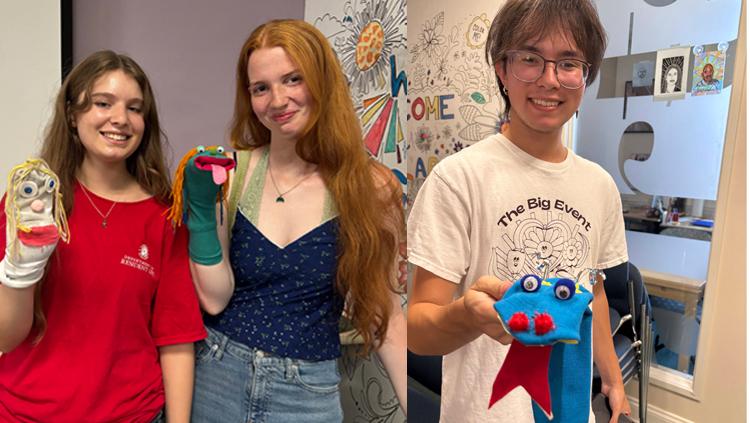
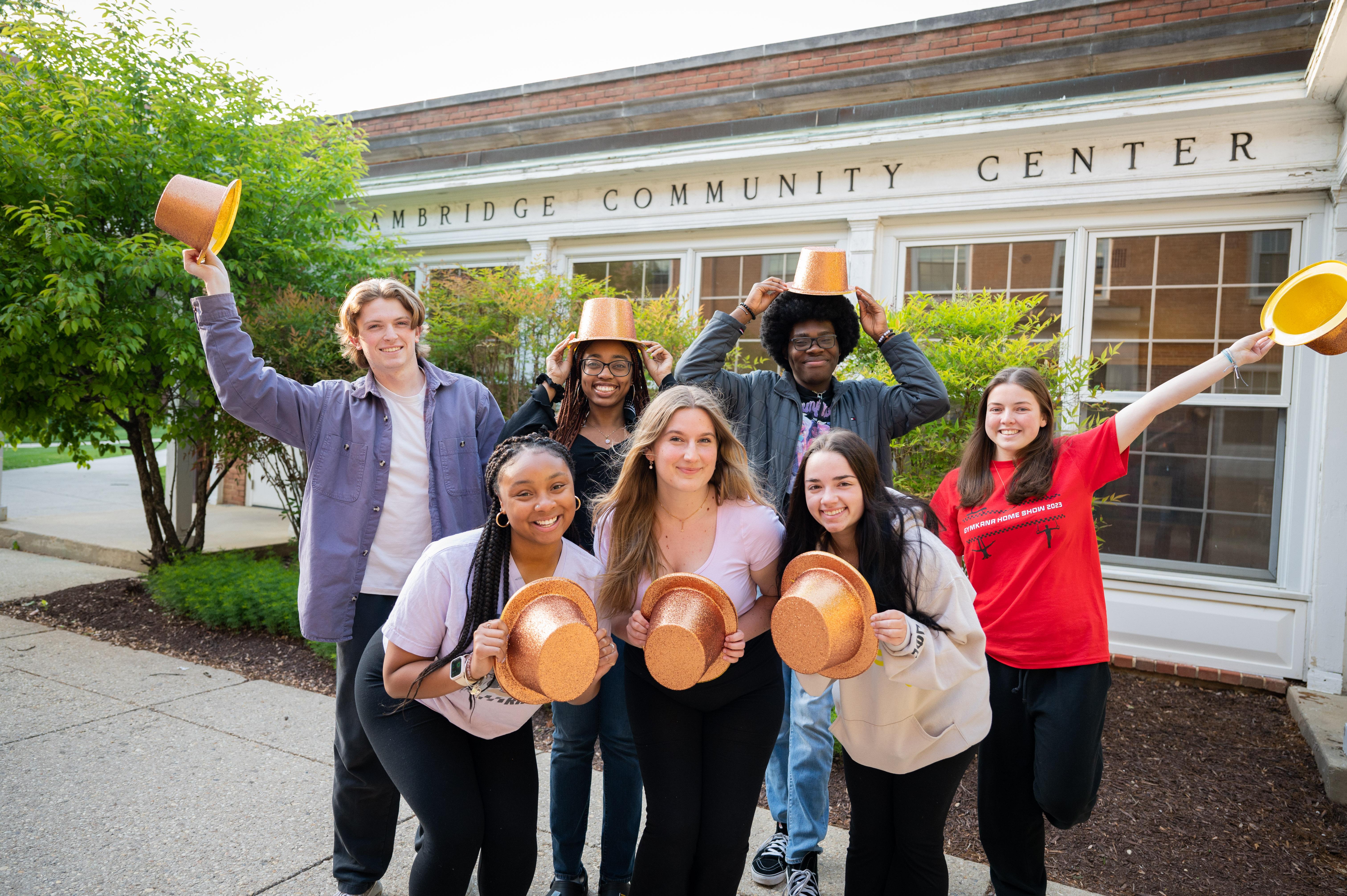
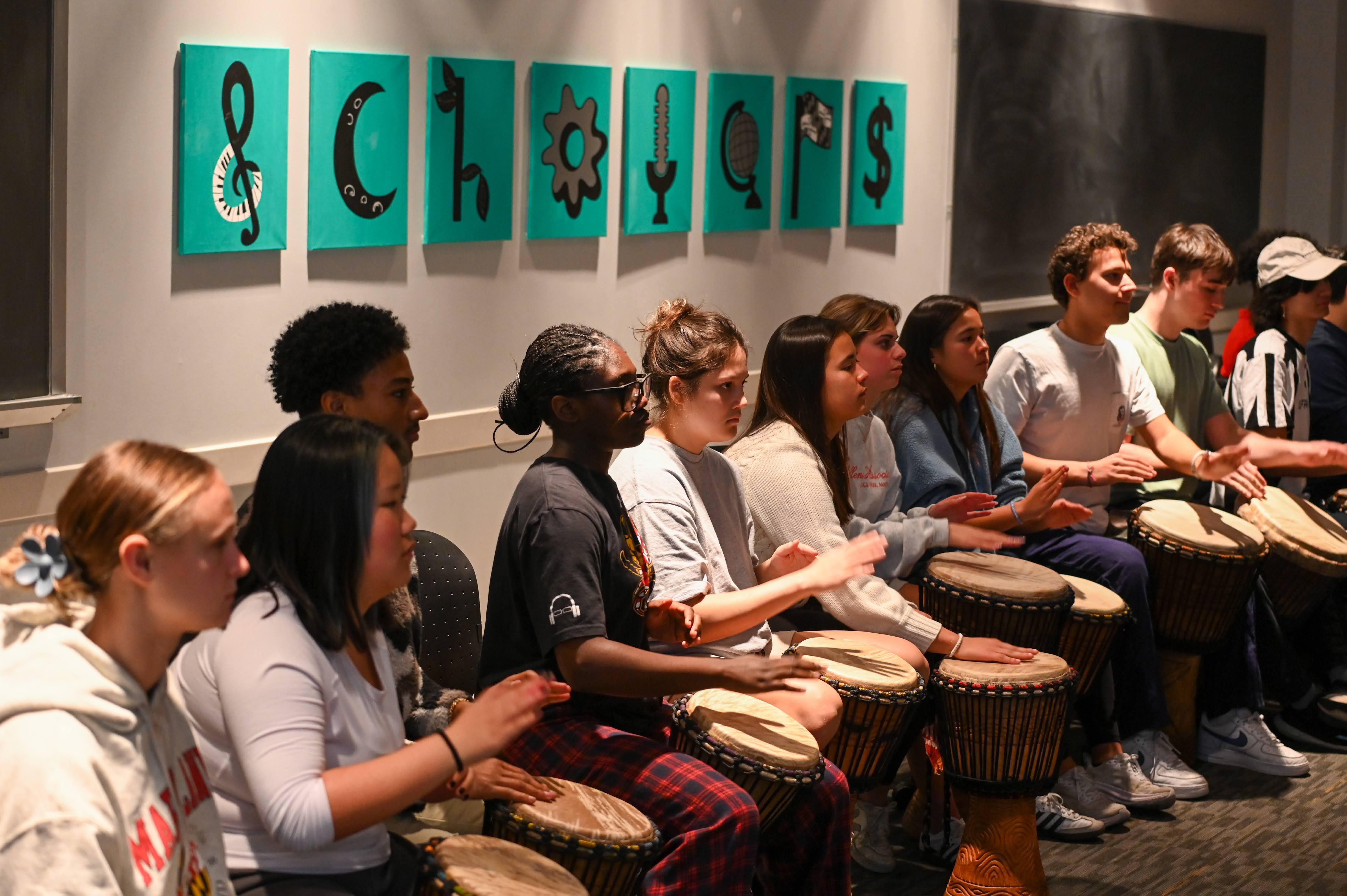
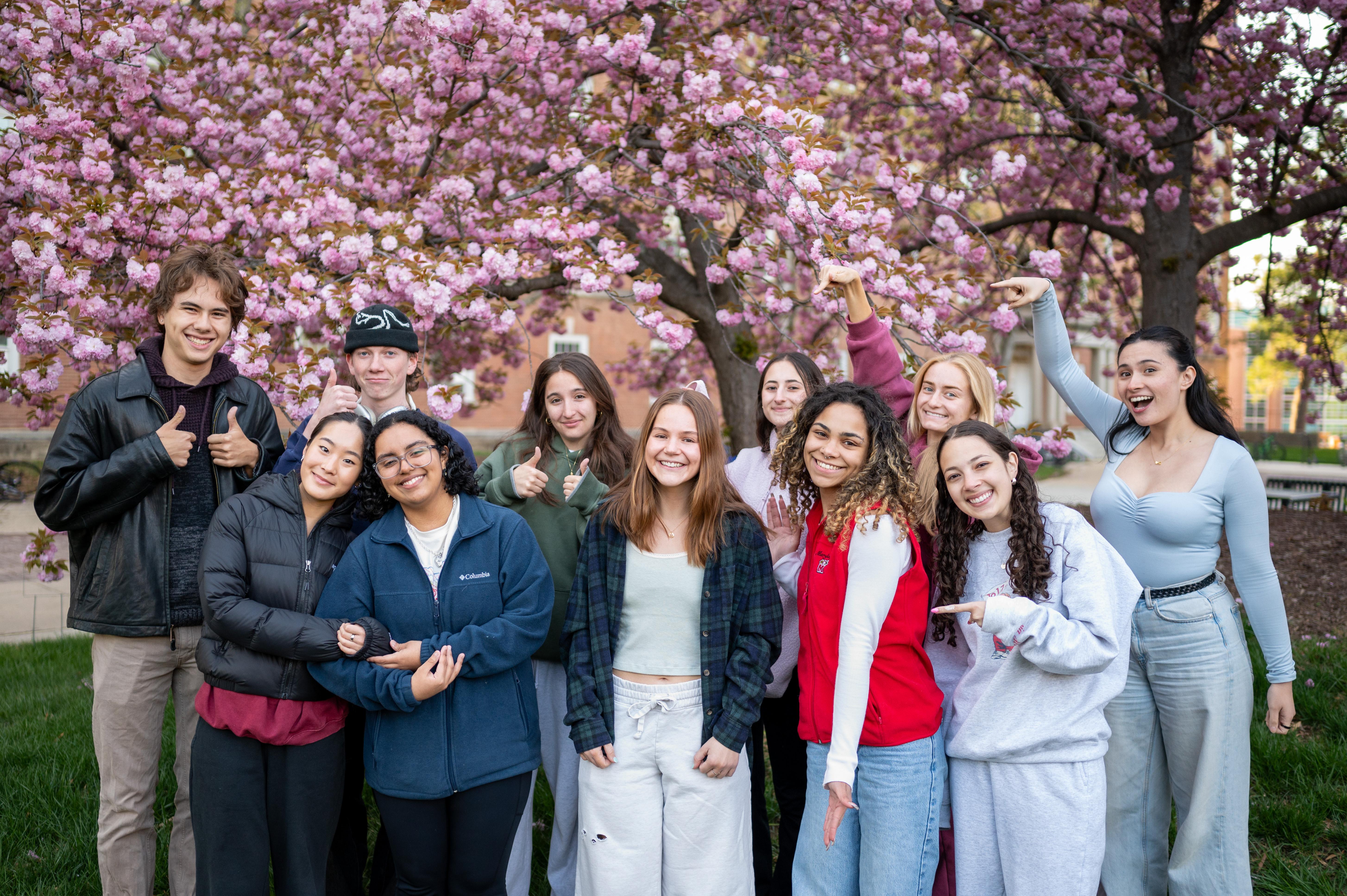
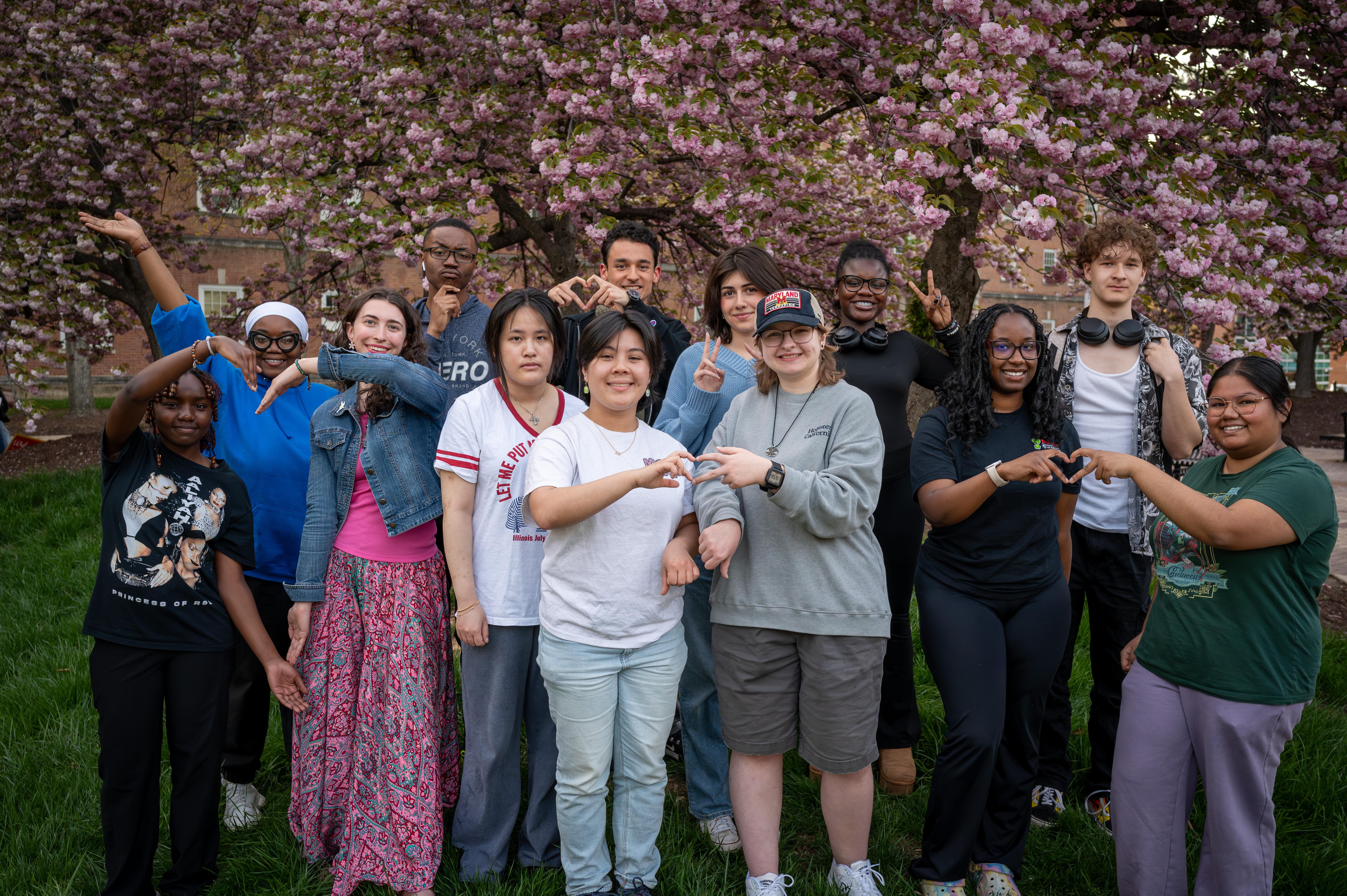
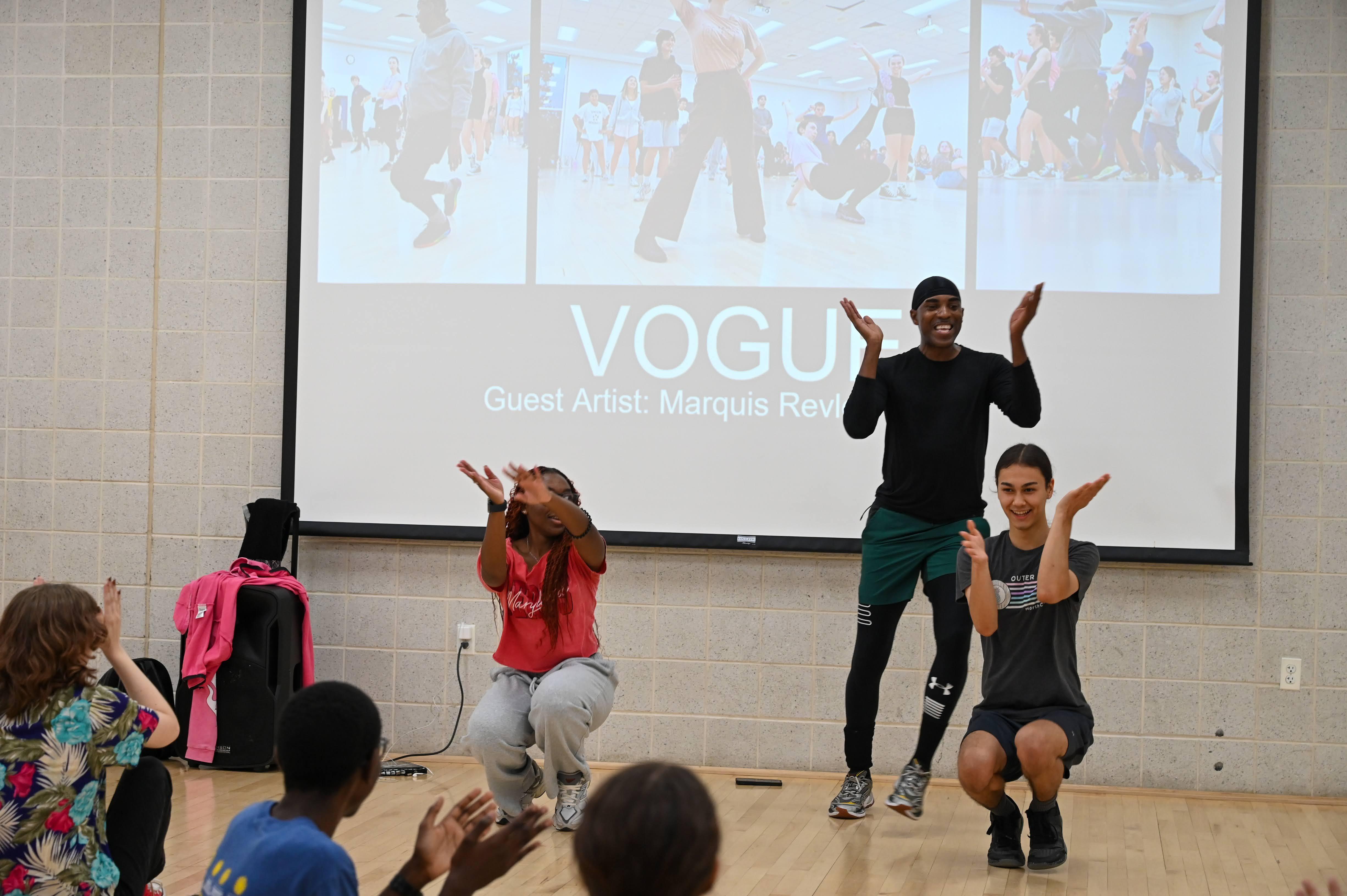
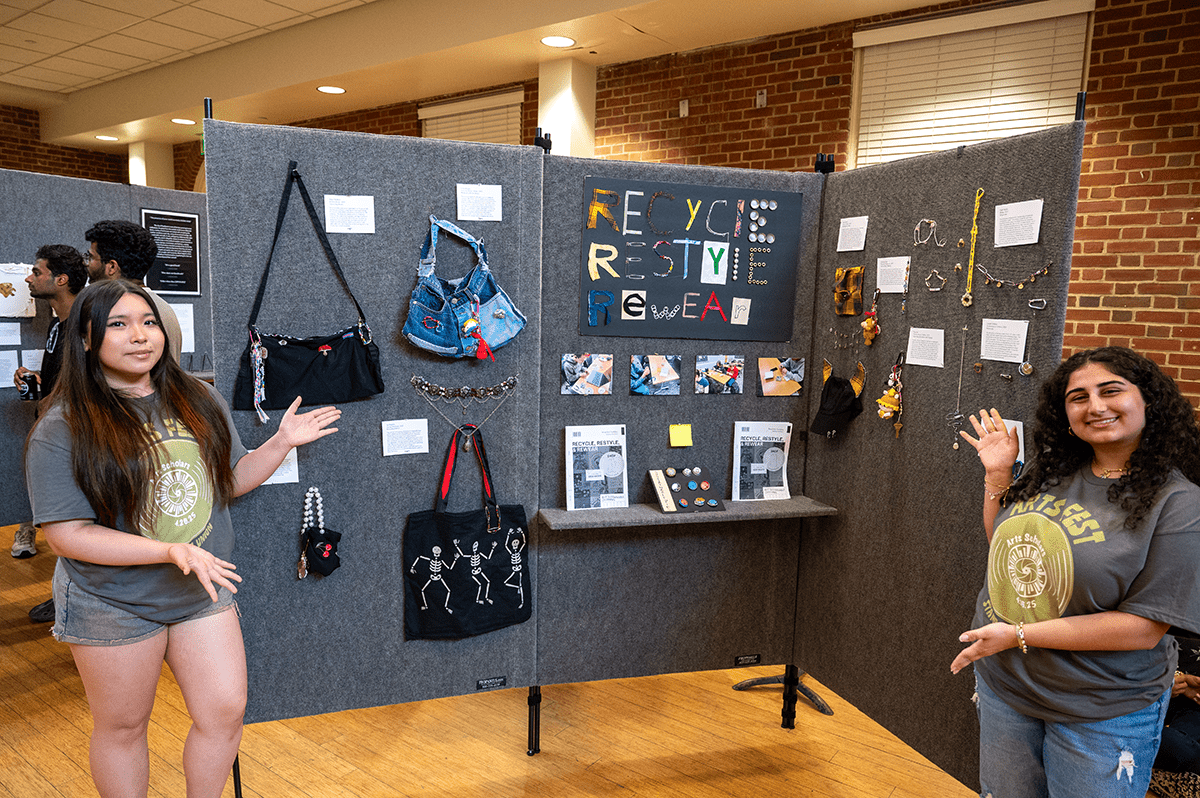
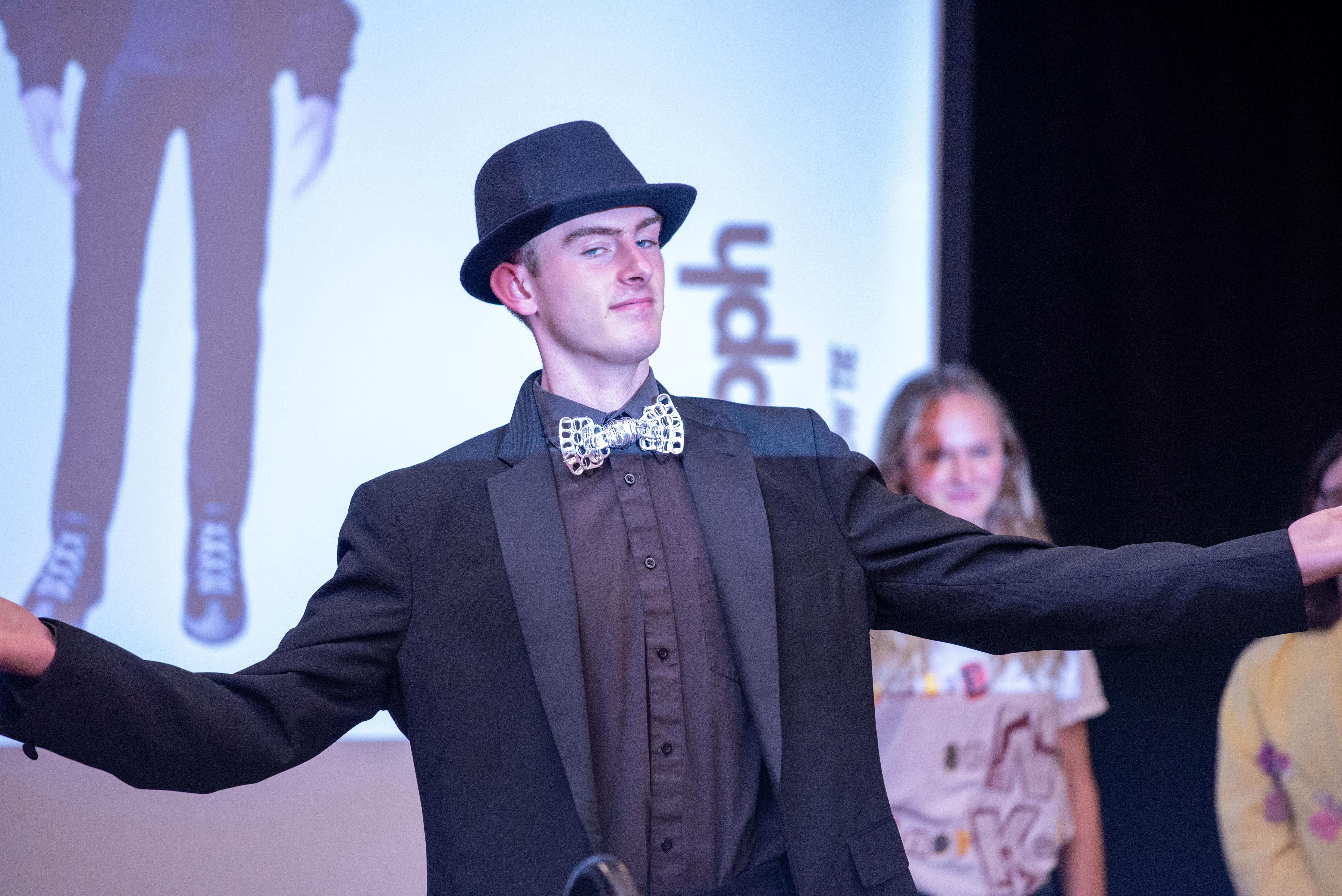
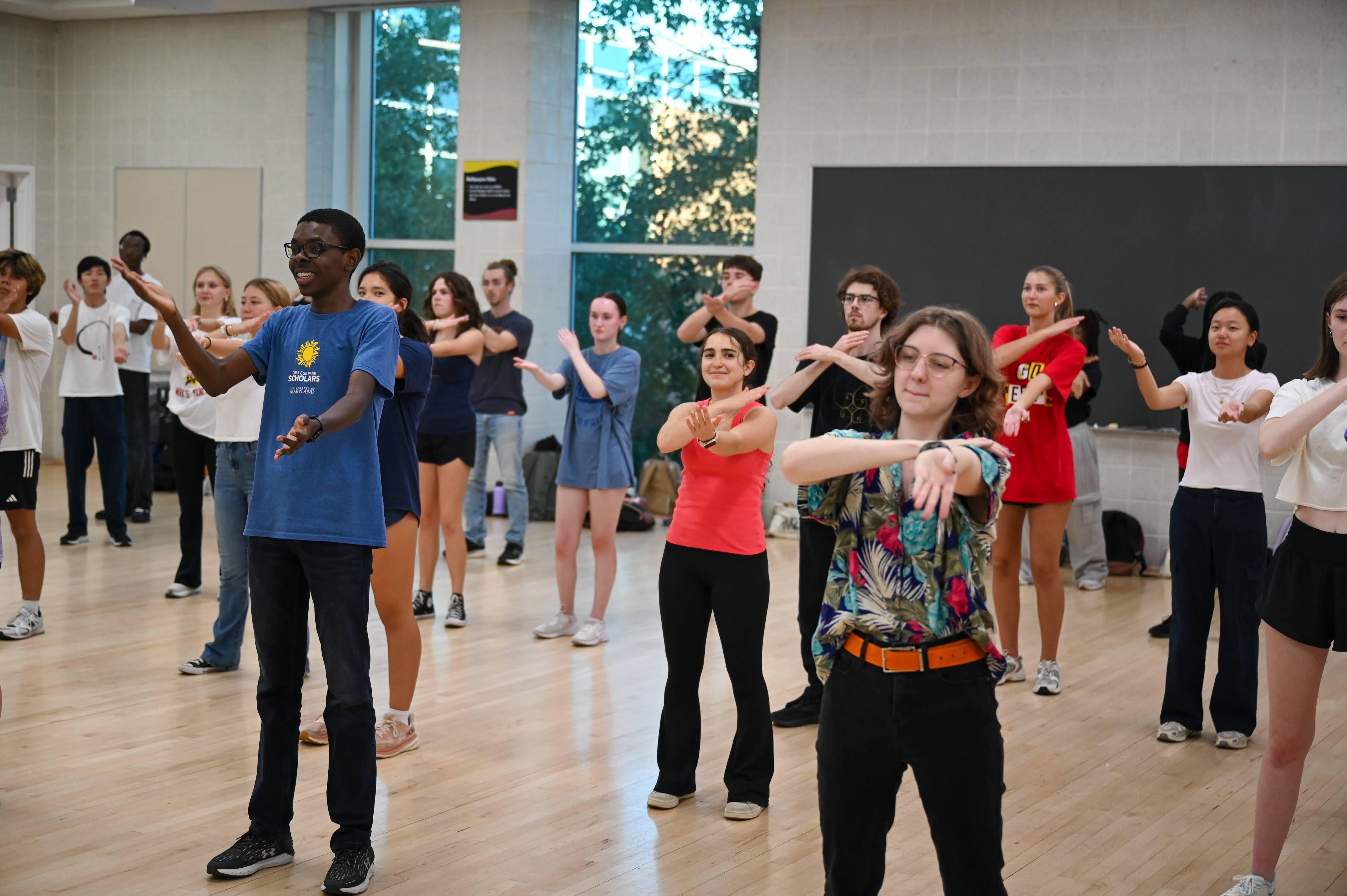
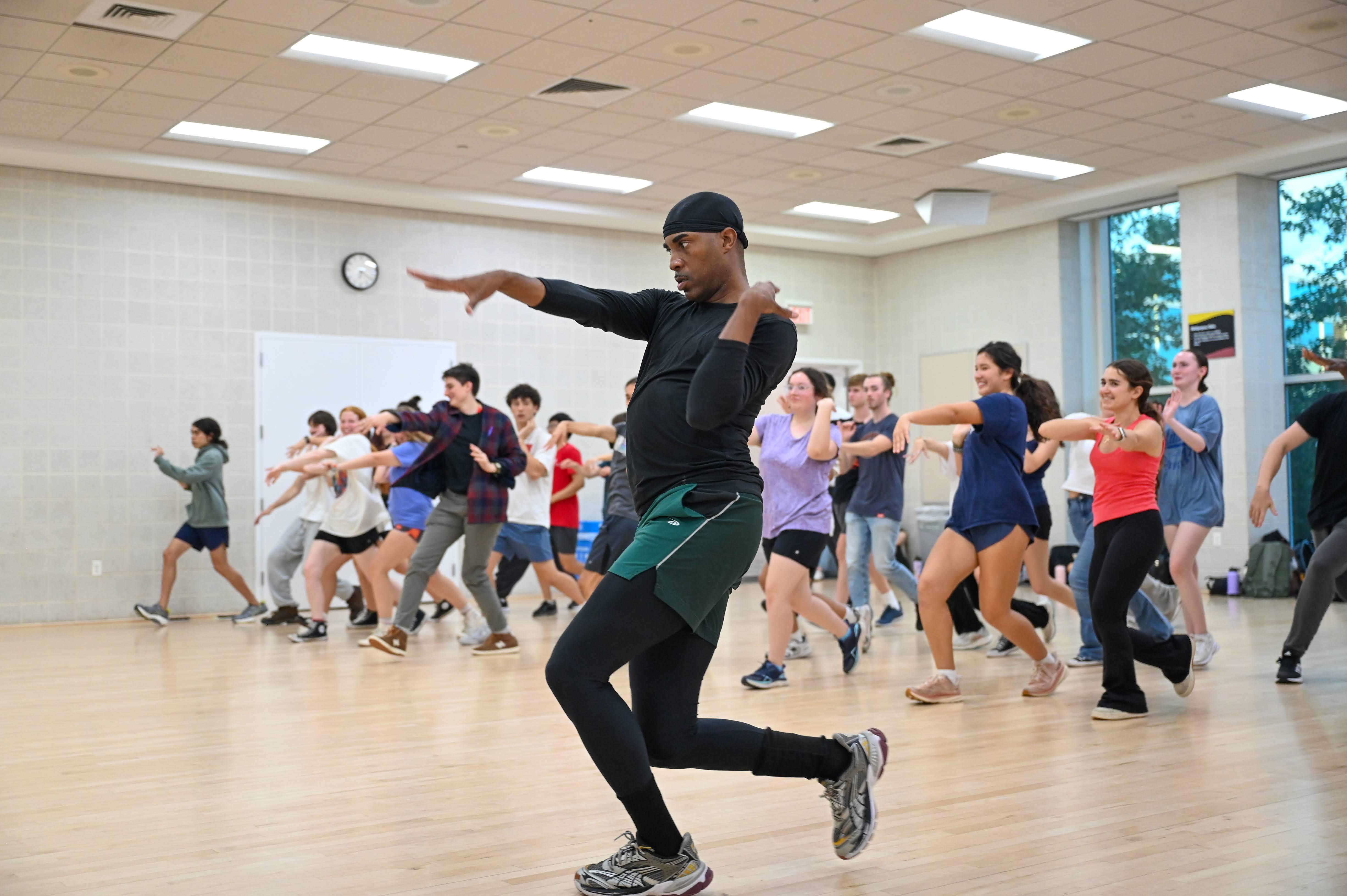
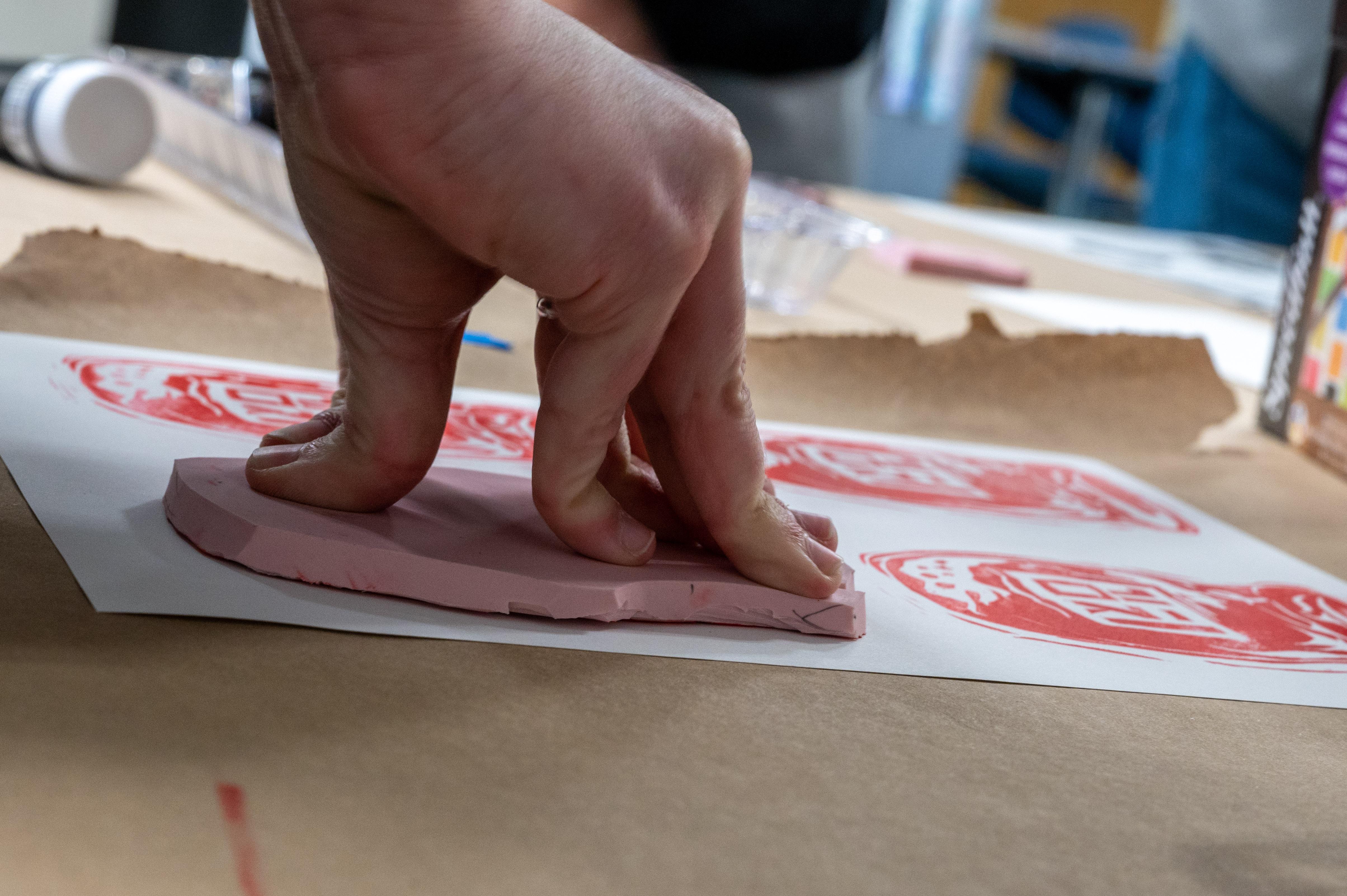

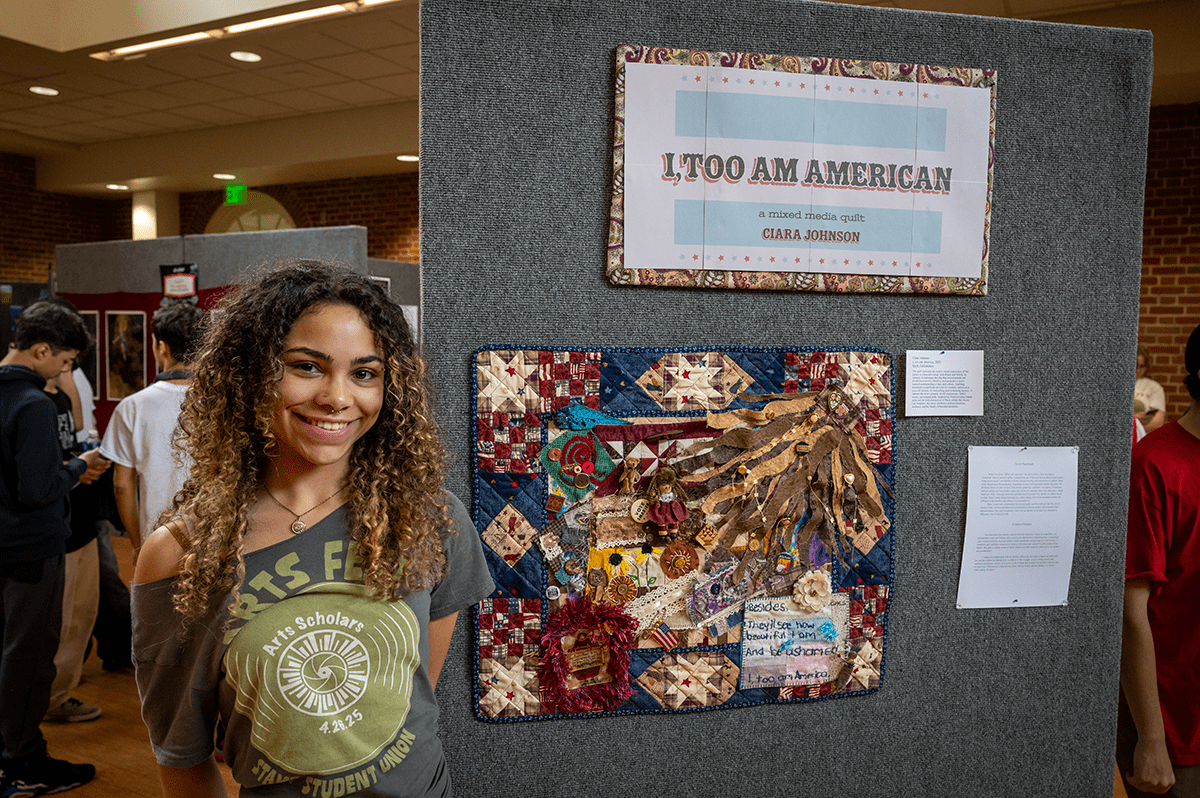
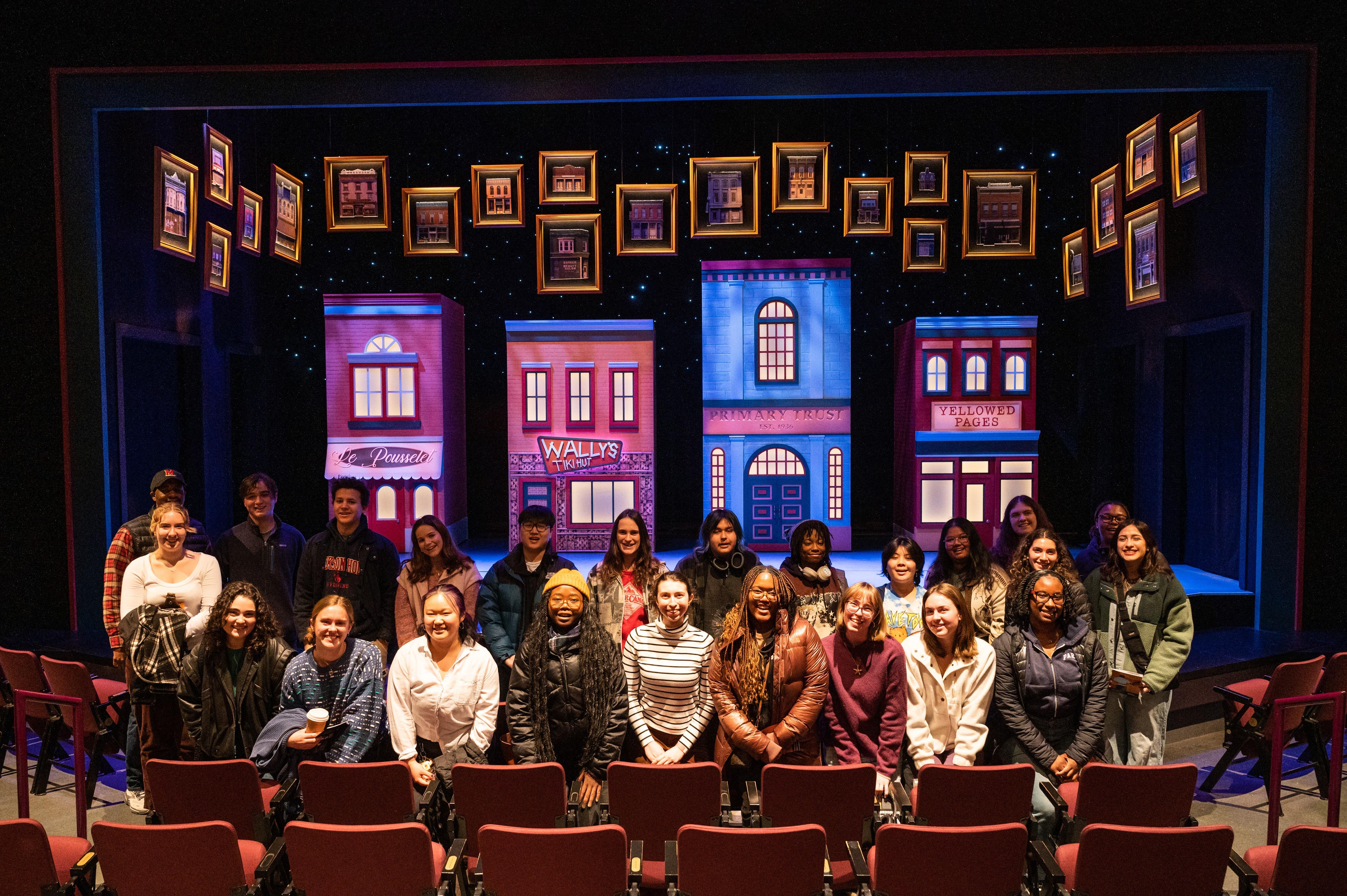
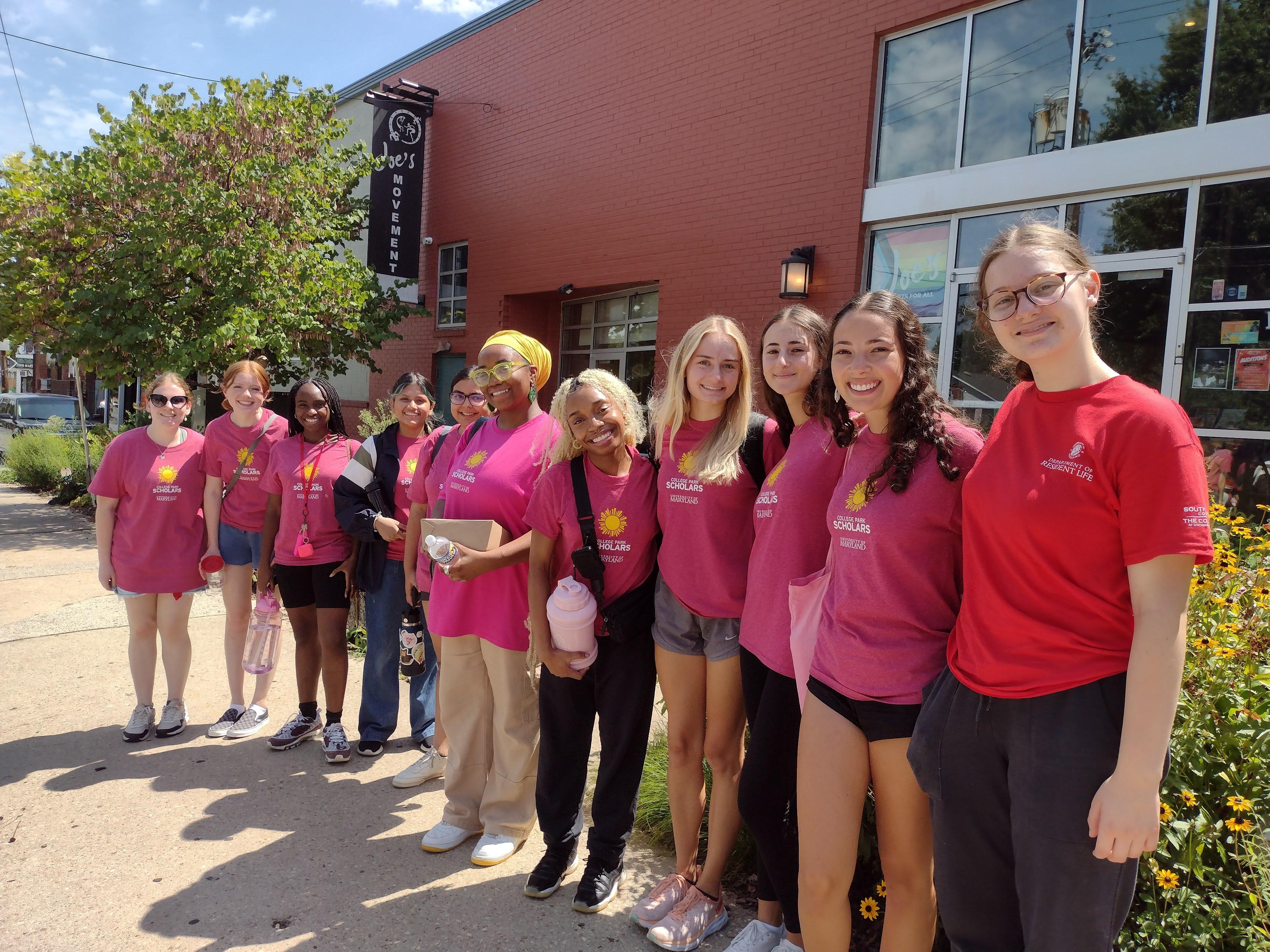
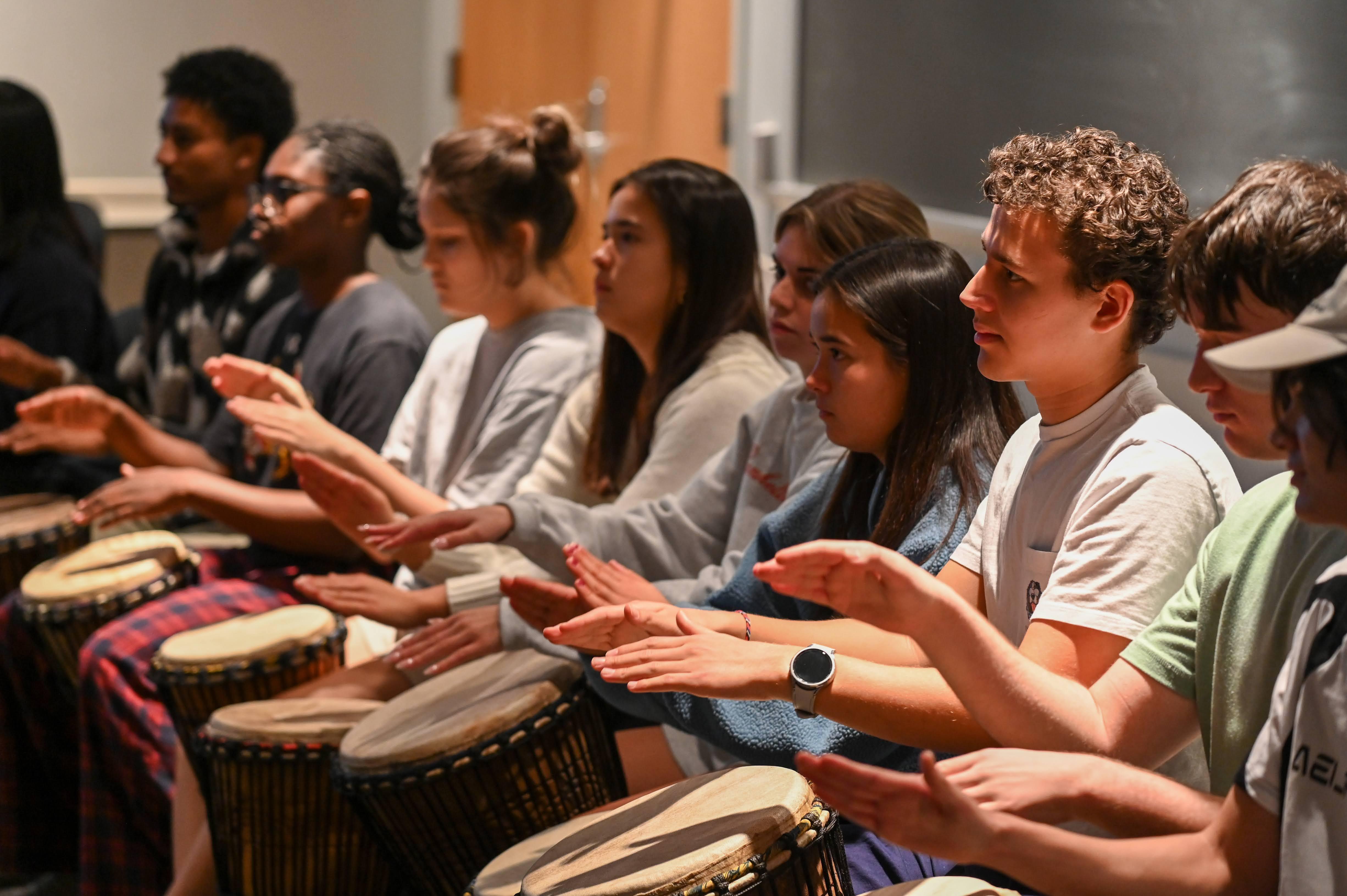
Colloquium and Lecture Topics
Through a mix of lectures, discussions, and guest artist workshops, and experiential projects, students consider (see our most recent “Year in Review” page for photos!):
- Vogue Dancing: How can art be used as a tool for resilience, resistance, and social chance?
- Artistic Consumption: How is artistic “taste” shaped by our social identities?
- Creative Research: How can empirical research, rapid iteration, and prototype testing improve your creative process?
- Spoken Word Improv: How can the principles of improv inform and improve our everyday lives?
- Campus Galleries: How can slow-looking help us combat the pressures of a frenzied world?
- West African Drumming: How can music build community, tell stories, and promote intercultural understanding?
I have been challenged to think differently, work cooperatively, embrace creativity and, most importantly, go beyond the limits I have set for myself. Because of this program, I can confidently say I feel infinitely more prepared for the “real world,” and for that confidence and growth, I could never be more grateful.
Other Learning Opportunities
Outside the classroom, Arts Scholars have many other opportunities….
Experience the arts first hand:
- Field trips: Each semester students visit locations such as The Clarice Performing Arts Center, the Everyman Theatre in Baltimore, the National Gallery of Art, and the National Museum of African American History and Culture.
- Maker Mixer: Teaching Assistant led community building events that include crafting, visiting campus galleries and maker-spaces, and attending shows on campus.
Creative Capstones:
- Sophomores develop capstone projects - identifying a social issue of significance to them to be explored through an artistic medium of their choosing. The capstone project is about your unique view of the world and what you want your audience to understand or experience as a result.
- All capstones are displayed at ArtsFest- an annual exhibition of student work in the Stamp Student Union.
Leadership opportunities:
- Arts Media Team: Social Media & Newsletter assistants work with Arts Faculty to research, draft, and publish the weekly newsletters and Instagram posts to the community.
- Arts Teaching Assistants: Arts Scholars graduates build their skills and experience leading discussions, developing events, and serving as mentors to current students.
Curriculum Overview
Over the two-year program experience (four semesters), students will complete up to 6 credits of supporting courses that will count toward your Arts Scholars citation. In most cases, these will also fulfill General Education requirements. Note that your Scholars courses—colloquiums, capstone practicum and supporting courses—will generally be in addition to any courses you take to satisfy major requirements.
The following represents a typical two-year curriculum, but individual schedules may vary. Details about courses and requirements can be found on the Arts Citation Checklist.
| SEMESTER | COURSE | CREDITS |
|---|---|---|
| Semester 1 | CPSA 100: Colloquium I | 1 credit |
| Semester 2 | CPSA 101: Colloquium II | 1 credit |
| Semester 3 | CPSA 200: Colloquium III | 1 credit |
| Semester 4 | CPSA 201: Colloquium IV | 1 credits |
| CPSA 240: Service Learning; or CPSA 250: Research (DSSP); or CPSA 260: Peer Teaching (DSSP) |
2 credits 2 credits 2 credits |
|
| Semester 1, 2, 3, or 4 | Supporting Course (var. Gen Ed) Supporting Course (var. Gen Ed) Supporting Course (DVUP or DVCC) |
3 credits 3 credits 1-3 credits |
Sponsoring College
Faculty
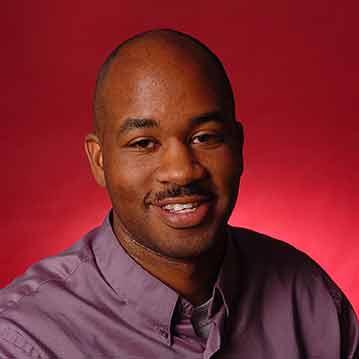
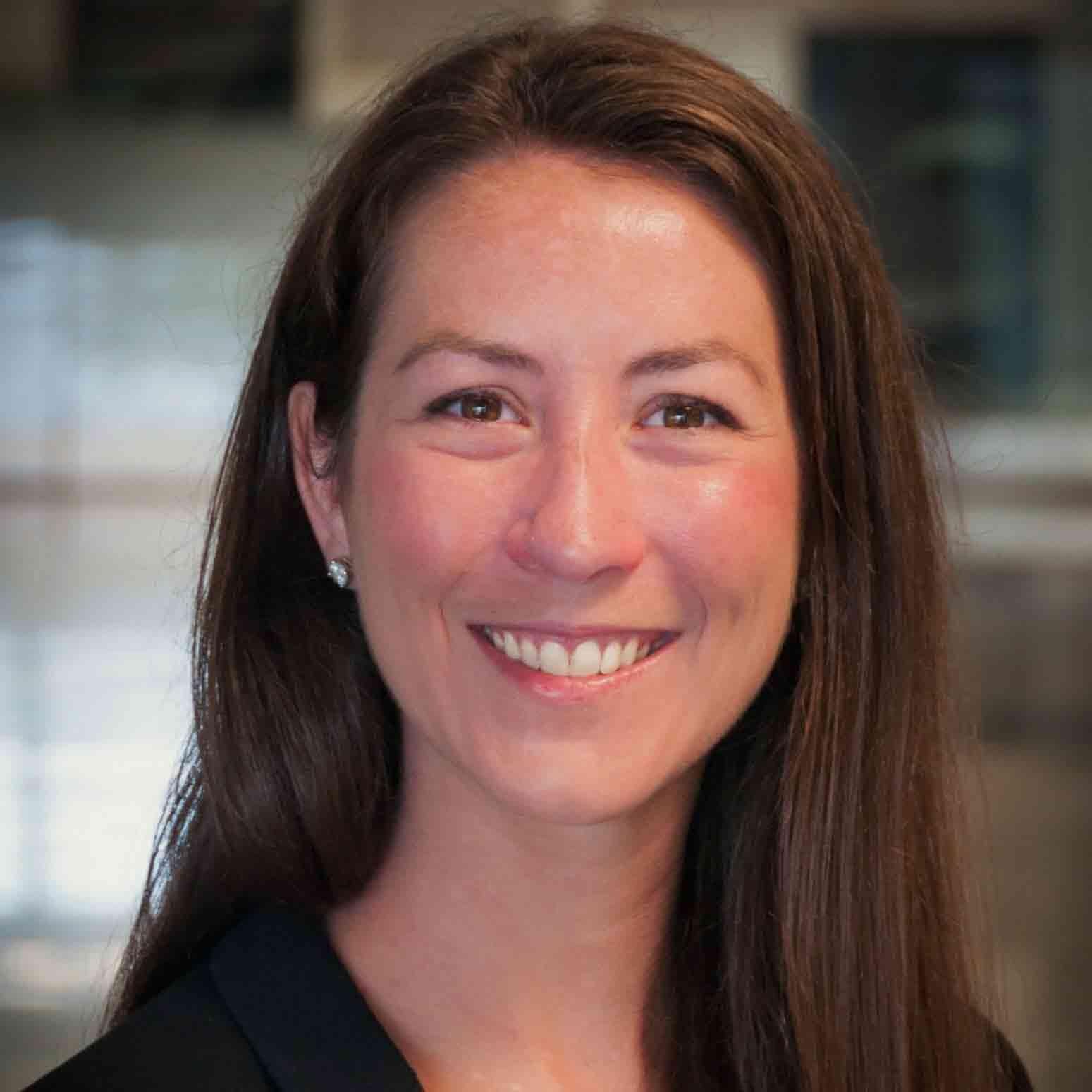
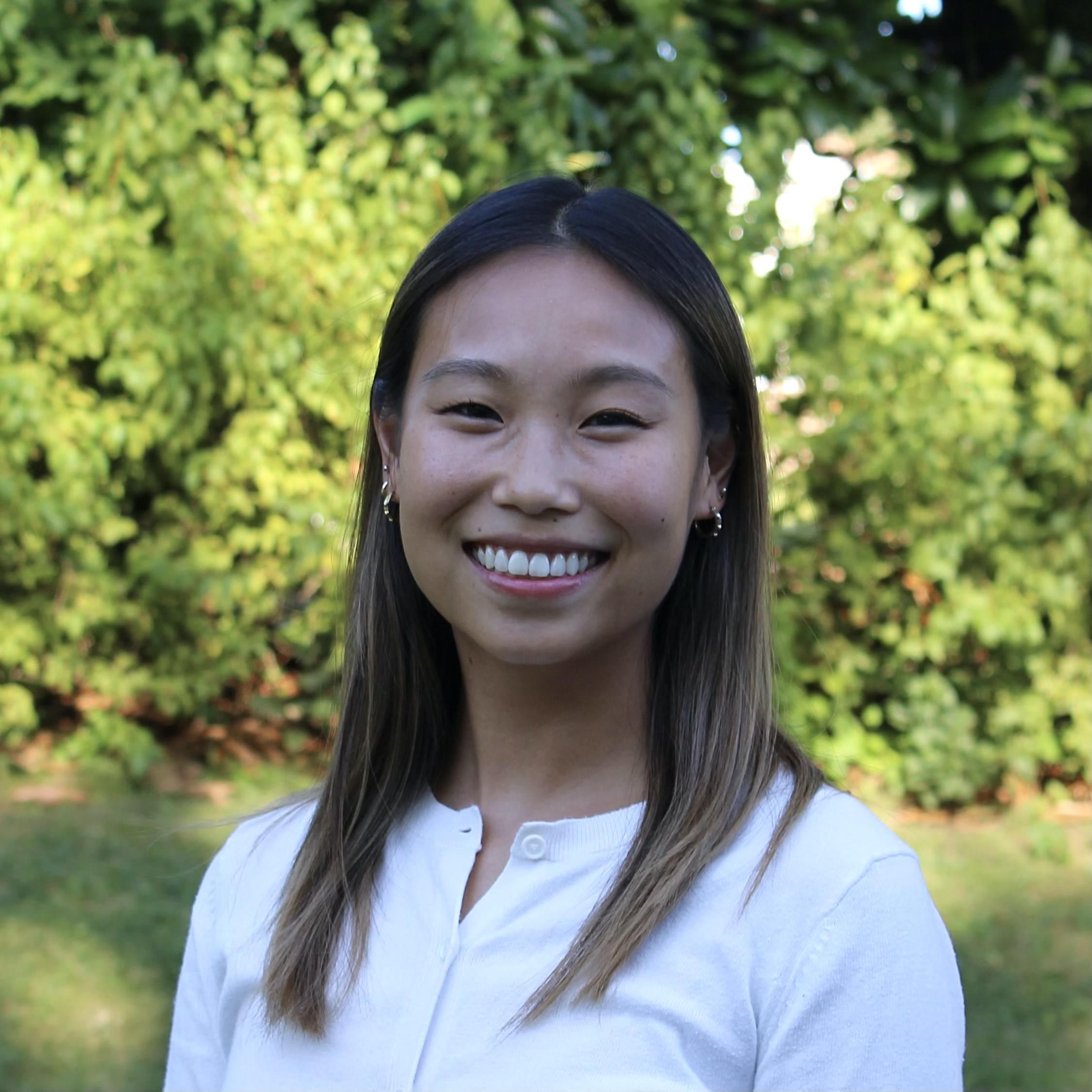
The Diamondback: UMD students' dance workshop highlights Japanese Butoh style, May 2022
Arts News
Five College Park Scholars Earn Philip Merrill Presidential Distinction
Eighteen outstanding graduating seniors at the University of Maryland are committed to a variety of causes and career goals, ranging from statistics and public policy to teaching.
Scholars Honor Citation and Founders Circle Award Winners at Annual Ceremony
College Park Scholars, celebrating the 30th anniversary of the program's founding, honored the best and the brightest of its most recent Citation class at its most recent Citation and Awards ceremony. This tenacious class, filled with future changemakers and leaders, pushed through a challenging start to college that began during the pandemic to emerge as standouts in the classroom, in their communities, and at the University of Maryland.
CSG Sophomore has Op-Ed Published in Forbes ALL IN
Civic Engagement for Social Good sophomore Leah Gomes recently had her op-ed, "How Early Childhood Influences But Does Not Define Our Political Views," published in the ALL IN Forbes channel. Leah spent the summer as an intern with the ALL IN Campus Democracy Challenge and is currently an intern for their Civic Nations team.
Researchers Solve Mystery of ‘Dinky’ Dinosaur’s Unusually Long Stride
The tiny, two-toed fossil footprints made by an unidentified dinosaur species some 100 million years ago and preserved in a slab of rock in South Korea are thought to have been made by a raptor no bigger than a modern sparrow. What stumped paleontologists was the animal’s enormous stride; the unknown raptor’s footprints had larger gaps between them than expected for such a diminutive dinosaur.“This guy is dinky—one of the smallest dinosaurs that we have fossils of,” said University of Maryland paleontologist and Science and Global Change program director Thomas R. Holtz Jr.
How Stories Can Save the Planet: A Rhetorical Analysis
Kate Quintana, an ETE Scholar published this insightful paper in the English department's InTERPolations publication. This is one of many examples of the excellent work our students are doing across the university.
Farm to Table, UMD Style
Throughout the school year,Farm Manager Guy Kilpatric is the only staff member dedicated to Terp Farm full-time. He collaborates with CMREC staff led by Donald Murphy and relies on partnerships with volunteer groups that come each Saturday, such as the Alpha Phi Omega service fraternity, Terps for Change and College Park Scholars, including the Environment, Technology and Ecology program.

